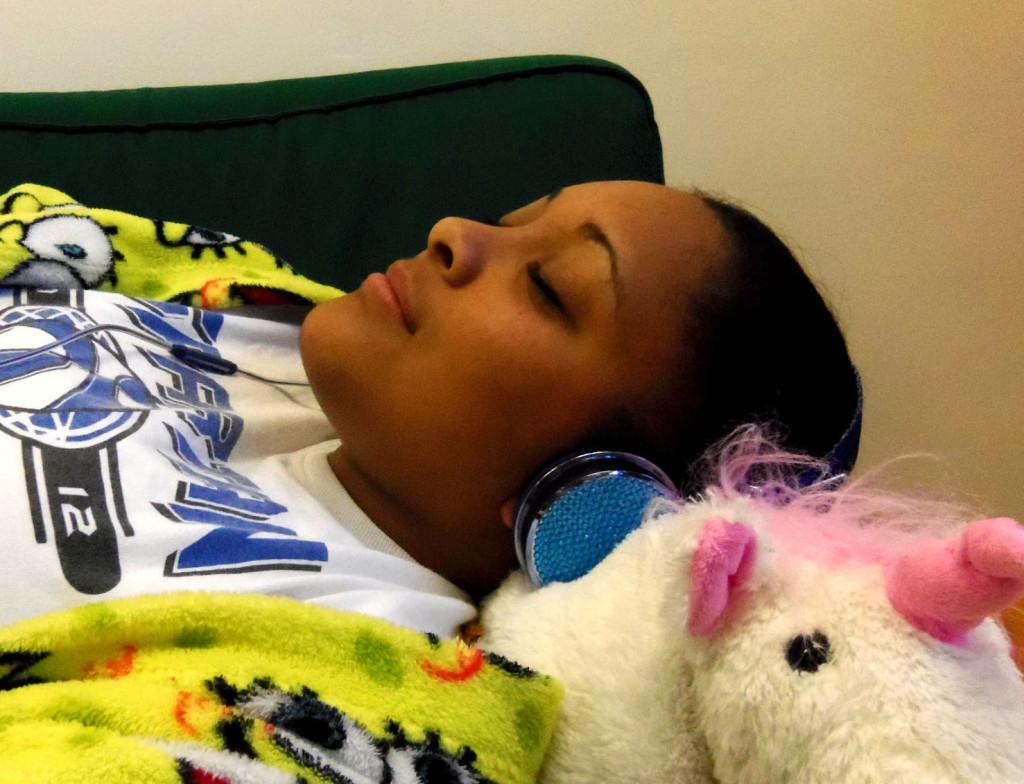Autonomous Sensory Meridian Response, also known as ASMR, is a new trend on YouTube that uses whispering, soft speaking, gum chewing and other sounds to help people relax, and even fall asleep if they have insomnia, stress, PTSD, depression, or anxiety.
School psychologist Mr. Cotie Strong said he does not see any direct benefits of ASMR. “But if it can help somebody sleep or help them relax, and help them to sleep well and lower their stress levels, there is a lot of benefits to that,” he said. “Everything from lower blood pressure to increased hormone levels to help students think well and be attentive in school.”
So far, there is no research behind this new phenomenon. It has been called “the good feeling no one can explain,” but the people of the ASMR community have given the sensation many names including “braingasm,” “brain massage,” and “brain tingles.”
Junior Eliza Calverley deals with insomnia, only getting about three hours of sleep per night. Calverley had never heard of ASMR before but considered its effects. “I’m not really sure if it would work for me, personally,” she said, “but I guess the constant sound would really work.”
Health and physical education teacher Mr. Wayne Langsdorf is very passionate about ASMR and anything similar to it. Mr. Langsdorf only has one problem with it: he believes that certain people can become addicted to it.
Langsdorf believes that once your body gets a taste of ASMR, you will crave and desire it after you stop. He said there may not be any physical symptoms, but it could eventually alter your mind.
“You could become psychologically dependent on that feeling because it gives a false sense of euphoria,” Mr. Langsdorf said. He compares ASMR to gambling, like the need to pull the slot machine “one more time, I gotta do it.”
Mr. Langsdorf notes that even though ASMR is psychological, not a physical, it still provides an adrenaline and dopamine rush together. “That combination causes that extreme euphoria,” he said. “When [users are] down, they almost get to the point where they don’t even feel normal unless they’re doing it.”
Like others, Mr. Langsdorf believes that ASMR could be a great tool if used correctly, much like meditation or guided imagery. He fears there could be subliminal messaging in some of the videos and to be wary of such.
As for the reality of curing depression, Langsdorf believes ASMR might help, but it’s going to do it alone.
“The placebo effect is going be part of it, because you are believing that something is going to help you. You have to kinda change your belief systems.” Mr. Langsdorf said, “If you can change that from negative behaviors and thoughts to a point where you are thinking creatively and positively and away from that helpless, hopeless feeling, it can change it.”



